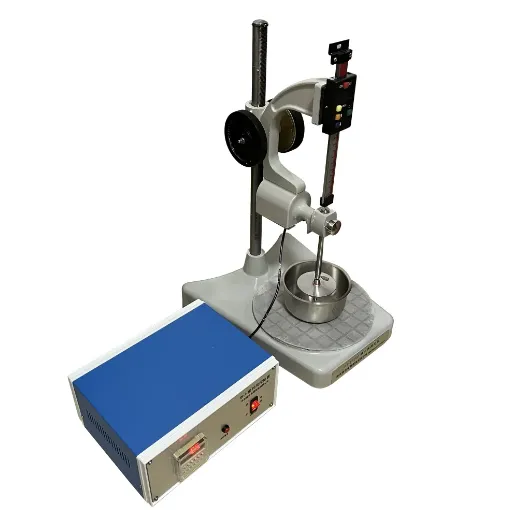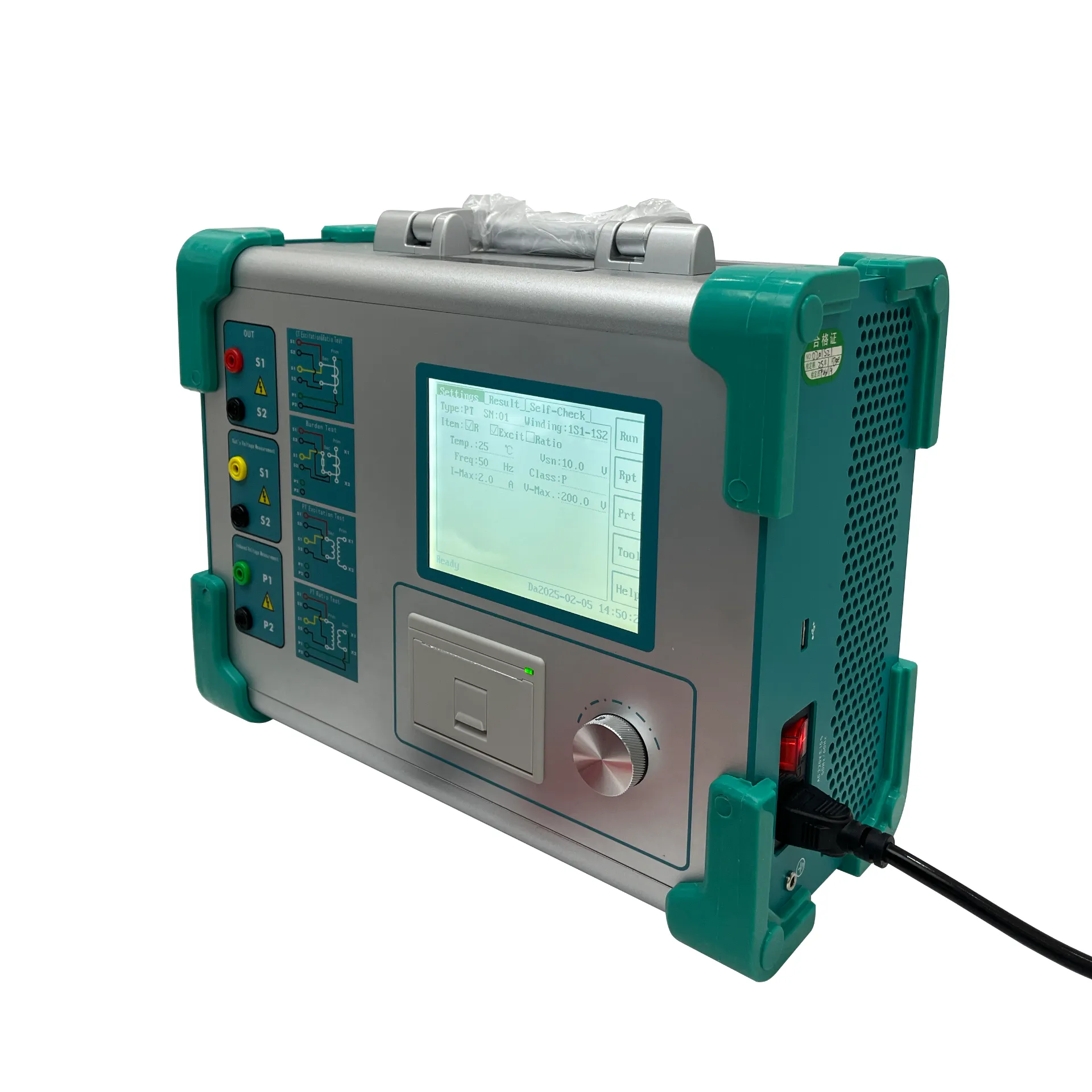TEL:
+86-0312-3189593
 English
English

Telephone:0312-3189593

Email:sales@oil-tester.com

-
 Afrikaans
Afrikaans -
 Albanian
Albanian -
 Amharic
Amharic -
 Arabic
Arabic -
 Armenian
Armenian -
 Azerbaijani
Azerbaijani -
 Basque
Basque -
 Belarusian
Belarusian -
 Bengali
Bengali -
 Bosnian
Bosnian -
 Bulgarian
Bulgarian -
 Catalan
Catalan -
 Cebuano
Cebuano -
 China
China -
 China (Taiwan)
China (Taiwan) -
 Corsican
Corsican -
 Croatian
Croatian -
 Czech
Czech -
 Danish
Danish -
 Dutch
Dutch -
 English
English -
 Esperanto
Esperanto -
 Estonian
Estonian -
 Finnish
Finnish -
 French
French -
 Frisian
Frisian -
 Galician
Galician -
 Georgian
Georgian -
 German
German -
 Greek
Greek -
 Gujarati
Gujarati -
 Haitian Creole
Haitian Creole -
 hausa
hausa -
 hawaiian
hawaiian -
 Hebrew
Hebrew -
 Hindi
Hindi -
 Miao
Miao -
 Hungarian
Hungarian -
 Icelandic
Icelandic -
 igbo
igbo -
 Indonesian
Indonesian -
 irish
irish -
 Italian
Italian -
 Japanese
Japanese -
 Javanese
Javanese -
 Kannada
Kannada -
 kazakh
kazakh -
 Khmer
Khmer -
 Rwandese
Rwandese -
 Korean
Korean -
 Kurdish
Kurdish -
 Kyrgyz
Kyrgyz -
 Lao
Lao -
 Latin
Latin -
 Latvian
Latvian -
 Lithuanian
Lithuanian -
 Luxembourgish
Luxembourgish -
 Macedonian
Macedonian -
 Malgashi
Malgashi -
 Malay
Malay -
 Malayalam
Malayalam -
 Maltese
Maltese -
 Maori
Maori -
 Marathi
Marathi -
 Mongolian
Mongolian -
 Myanmar
Myanmar -
 Nepali
Nepali -
 Norwegian
Norwegian -
 Norwegian
Norwegian -
 Occitan
Occitan -
 Pashto
Pashto -
 Persian
Persian -
 Polish
Polish -
 Portuguese
Portuguese -
 Punjabi
Punjabi -
 Romanian
Romanian -
 Russian
Russian -
 Samoan
Samoan -
 Scottish Gaelic
Scottish Gaelic -
 Serbian
Serbian -
 Sesotho
Sesotho -
 Shona
Shona -
 Sindhi
Sindhi -
 Sinhala
Sinhala -
 Slovak
Slovak -
 Slovenian
Slovenian -
 Somali
Somali -
 Spanish
Spanish -
 Sundanese
Sundanese -
 Swahili
Swahili -
 Swedish
Swedish -
 Tagalog
Tagalog -
 Tajik
Tajik -
 Tamil
Tamil -
 Tatar
Tatar -
 Telugu
Telugu -
 Thai
Thai -
 Turkish
Turkish -
 Turkmen
Turkmen -
 Ukrainian
Ukrainian -
 Urdu
Urdu -
 Uighur
Uighur -
 Uzbek
Uzbek -
 Vietnamese
Vietnamese -
 Welsh
Welsh -
 Bantu
Bantu -
 Yiddish
Yiddish -
 Yoruba
Yoruba -
 Zulu
Zulu
лют . 16, 2025 16:21
Back to list
short circuit impedance of transformer
A battery impedance meter is an essential tool for anyone working with batteries, be it in research, professional electronics, or hobbyist projects. It is designed to measure the impedance or resistance within a battery, providing crucial insights into its health, efficiency, and remaining lifespan without causing any depletion to the stored energy. Highlighting expertise, experience, authority, and trust is crucial in understanding and utilizing this powerful instrument.
In terms of trust, it's crucial for prospective users to select a battery impedance meter that aligns with their specific applications. User reviews and comparisons between models help identify which units consistently deliver accurate readings in field conditions. The trustworthiness of brands and models can often be inferred from feedback within tech communities, vendor certifications, and independent test reports. In the world of battery maintenance, aspiring users stand to gain from hands-on experience combined with the guidance of seasoned professionals or documented best practices. The transfer of knowledge regarding setup, calibration, and the interpretation of results ensures that users can trust their impedance meter to draw reliable conclusions about battery health. For instance, a poorly calibrated device might misrepresent impedance, leading to incorrect diagnostics. Regular training and updating of skills in line with technological advancements fortify the reliability and trustworthiness of such instruments. Battery impedance meters also serve as a bridge between consumer-awareness and industry-grade technology. As everyday devices become smarter and more reliant on battery power, having tools to personally verify battery status increases consumer confidence. Understanding that the batteries in their smartphones or laptops are in good health, based on scientifically-backed impedance assessments, fosters a sense of security and trust in the technology they use daily. On a larger scale, enterprises integrating renewable energy sources like solar and wind into their infrastructures depend heavily on battery performance for efficient energy storage. Impedance meters here ensure that their systems run smoothly, guaranteeing an answerability that aligns with both economic sustainability and environmental stewardship. This reliability boosts the authoritative status of companies to stakeholders who prioritize environmentally responsible operations. Ultimately, a battery impedance meter embodies the confluence of expertise and technology. Its role transcends simple measurement; it dictates the future reliability of power sources and helps navigate the challenges of energy storage. Trust in its readings fosters informed decisions that safeguard investments in technology and research. For those embarking on projects that leverage battery power, mastering the use of a battery impedance meter is not just beneficial—it’s imperative.


In terms of trust, it's crucial for prospective users to select a battery impedance meter that aligns with their specific applications. User reviews and comparisons between models help identify which units consistently deliver accurate readings in field conditions. The trustworthiness of brands and models can often be inferred from feedback within tech communities, vendor certifications, and independent test reports. In the world of battery maintenance, aspiring users stand to gain from hands-on experience combined with the guidance of seasoned professionals or documented best practices. The transfer of knowledge regarding setup, calibration, and the interpretation of results ensures that users can trust their impedance meter to draw reliable conclusions about battery health. For instance, a poorly calibrated device might misrepresent impedance, leading to incorrect diagnostics. Regular training and updating of skills in line with technological advancements fortify the reliability and trustworthiness of such instruments. Battery impedance meters also serve as a bridge between consumer-awareness and industry-grade technology. As everyday devices become smarter and more reliant on battery power, having tools to personally verify battery status increases consumer confidence. Understanding that the batteries in their smartphones or laptops are in good health, based on scientifically-backed impedance assessments, fosters a sense of security and trust in the technology they use daily. On a larger scale, enterprises integrating renewable energy sources like solar and wind into their infrastructures depend heavily on battery performance for efficient energy storage. Impedance meters here ensure that their systems run smoothly, guaranteeing an answerability that aligns with both economic sustainability and environmental stewardship. This reliability boosts the authoritative status of companies to stakeholders who prioritize environmentally responsible operations. Ultimately, a battery impedance meter embodies the confluence of expertise and technology. Its role transcends simple measurement; it dictates the future reliability of power sources and helps navigate the challenges of energy storage. Trust in its readings fosters informed decisions that safeguard investments in technology and research. For those embarking on projects that leverage battery power, mastering the use of a battery impedance meter is not just beneficial—it’s imperative.
Previous:
Latest news
-
Testing Equipment Industry Sees Major Advancements in 2025: Smart & Precision Technologies Lead the WayNewsJun.06,2025
-
Applications of Direct Current Generators in Renewable Energy SystemsNewsJun.05,2025
-
Hipot Tester Calibration and Accuracy GuidelinesNewsJun.05,2025
-
Digital Circuit Breaker Analyzer Features and BenefitsNewsJun.05,2025
-
Benefits of Real-Time Power Quality Monitoring Devices for Industrial EfficiencyNewsJun.05,2025
-
Earth Fault Loop Testing in High-Rise Building Electrical SystemsNewsJun.05,2025



